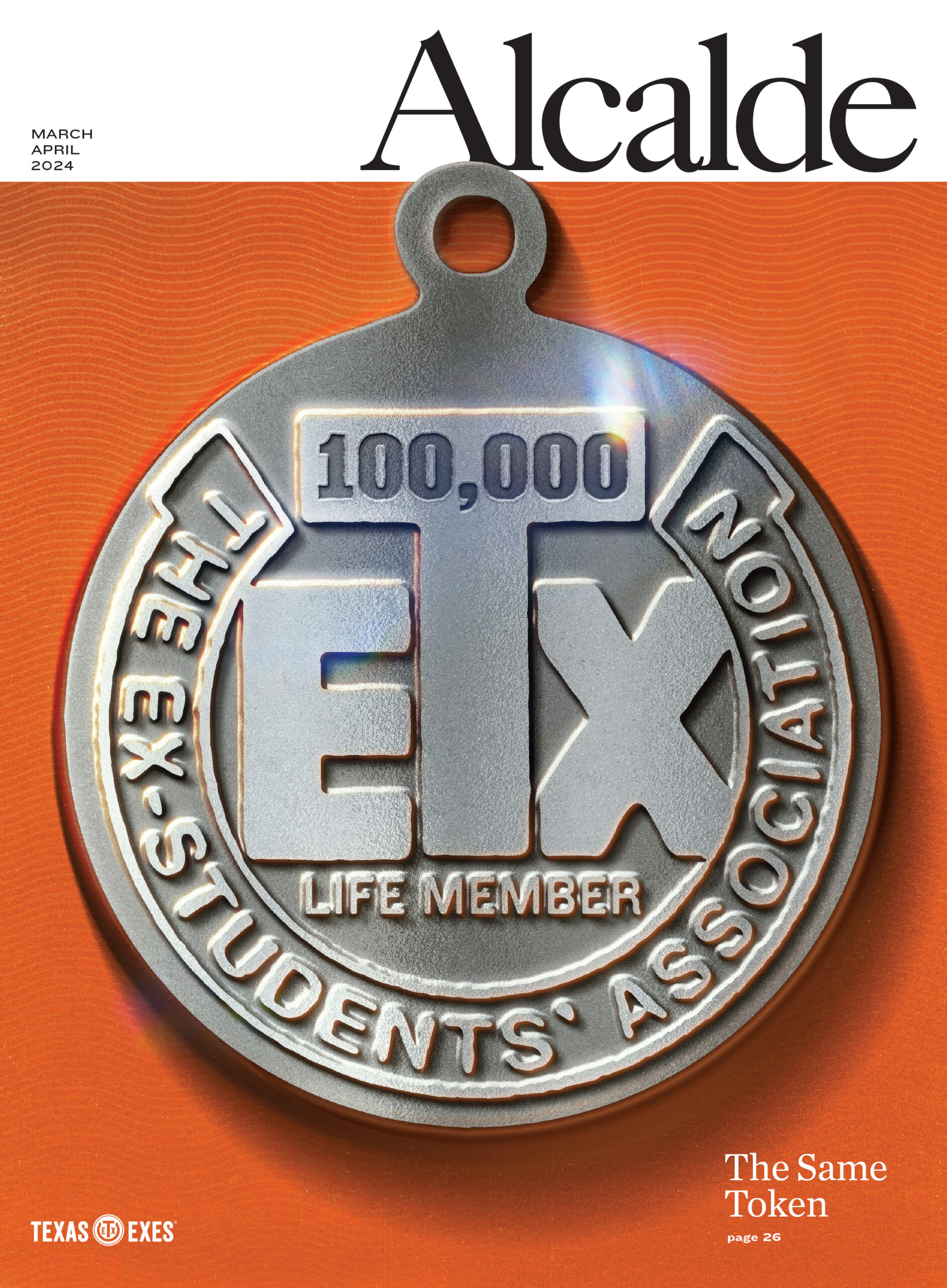
Powers Defends UT’s Record Of Change, Cautions Against Short-Sighted Reforms
UT president Bill Powers offered a measured but defiant defense of the University as a teaching and reseach institution, as well as its direction under his leadership, in a major speech before the campus community today.
It was Powers’ most direct effort to confront a series of controversial and politically motivated proposals, coming from the governor by way of the UT and A&M system boards of regents, to fundamentally re-order higher education in Texas.
Among the proposals being considered are separating teaching from research, de-emphasizing academic research, vastly expanding enrollment, relying heavily on online courses, slashing tuition costs, and grading professors based on how much money they “make” or “lose” the University. The proposals run counter to what are widely considered the metrics for Tier 1 university status.
Powers said that while the University must — and does — embrace change, it must be guided by an elightened vision of the true value of a world-class teaching and research university.
“We need to be careful about how we change,” Powers said. “It’s virtually impossible to innovate from the top-down. The successful model for innovation in business is that people at the administrative level create an environment in which people doing the real work of the company can innovate. It’s a universal principle, and it’s just as true at a university.”
The president cited the work of UT’s Commission of 125, whose recommendations for making the University the leading public research university Powers has been implementing for years. He used the example of Admiral William McRaven, a 1977 UT journalism graduate who planned and commanded the recent raid to kill Osama bin Laden, as a cautionary tale against grading a university based on something so short-sighted as its graduates’ starting salaries.
“Clearly, Admiral McRaven’s service is invaluable,” Powers said, “and it could not be gleaned from his starting salary 34 years ago.”
In the speech, Powers debunked some recent charges against UT, including:
- That it is inefficient: in fact, when comparing the number of degrees it issues for the amount of revenue it gets, UT ranks No. 1 among 120 leading public research universities in the country in efficiency. Its administrative expenses are also half the state agency average.
- That it resists change: In fact, UT has revamped its undergraduate curriculum with Signature Courses, taught by senior faculty (including Powers), that emphasize critical thinking, quantitative reasoning, and cogent writing.
- That it is no longer a bargain: In fact, while tuition costs have risen as state funding has diminished, Kiplinger’s Magazine still lists UT as one of the “Best Values in Public Colleges.”
- That it isn’t leveraging the value of its intellectual property: In fact, in the first eight months of the fiscal year, UT has raised $26.7 million in intellectual property licensing and royalties. Last year, it made $14.3 million, and that ranked it among the top 20 schools in the country.
- That it is resisting adopting online tools: In fact, UT has just launched a new tool, as part of its Course Transformation Program, that will give professors real-time feedback about what students actually learn.
Powers conceded that UT still has work to do in improving its four-year graduation rate, which currently stands at 53 percent. While that’s the highest of any state university in Texas, his goal is 70 percent.
“It is simply wrong to claim that UT is not interested in or engaged in change,” Powers said.
Read the full text of Powers’ speech below, or watch the video, courtesy of the Texas Tribune, above.
The Public Research University of the Future

















2 Comments